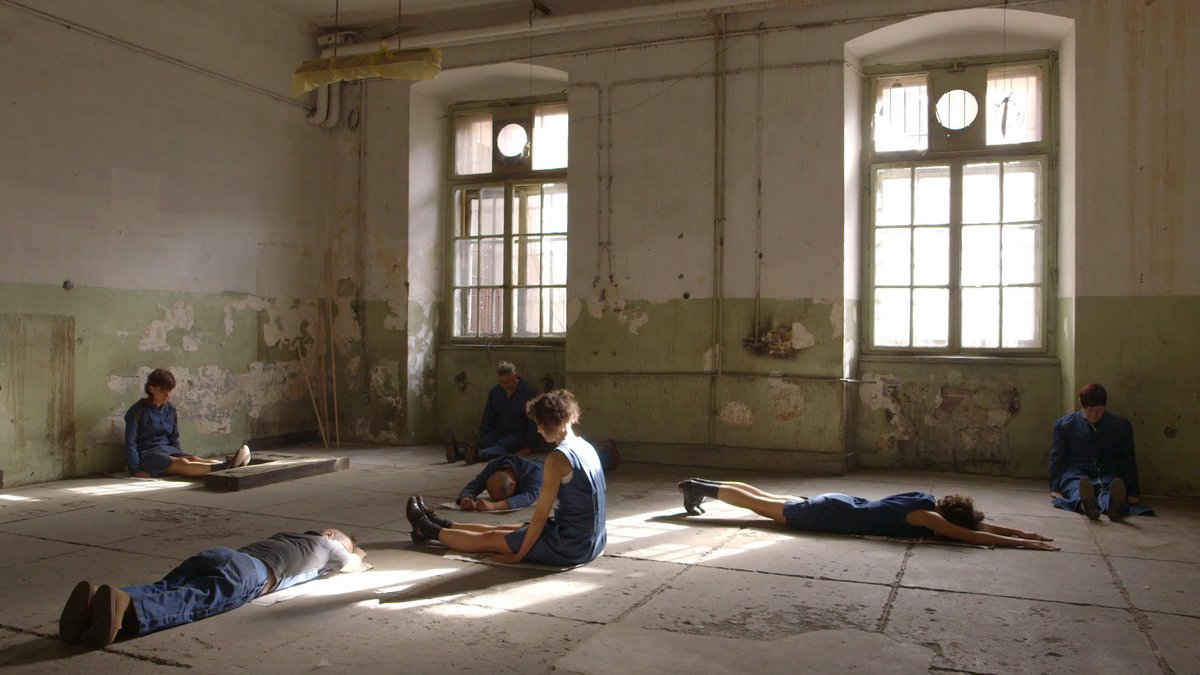
In Partnership with the ILT Festival 21, our research group organised the symposium
LET’S TALK ABOUT DIVERSITY: MOVING BEYOND REPRESENTATION AND INTO THE DIFFICULT STRUCTURES OF CHANGE
Read the original announcement, http://www.iltfestival.dk/en/program/ilt21/seminar/
Read Josephine Egebæk Hansen’s article in Peripeti, “Acknowledging intersectionality in performing arts“ https://www.peripeti.dk/2021/12/14/ilt-festival-2021-symposium/
As performance scholar and curator Adrian Heathfield remarked, “Dramaturgy no longer belongs to the theatre; it is a practice spanning diverse disciplines and cultural sites” (2010, 115). Meanwhile theatre theorist Simon Bayly asks about today’s neoliberal creative capitalism, “What in our social and political life is not subject to the logic of dramaturgy, choreography, or performativity?” (2016, 180). This research group thus uses the concept of dramaturgy in order to interrogate the substantial reconfiguration of the contexts and conditions of theatre making, and art production more widely, in 21st century Europe. The group analyses practices, aesthetics and poetics of artistic creation as well as the institutional contexts of creation within a socio-cultural environment defined by affective intensities and economies of attention, where the arts have lost their traditional grounding within the ‘bourgeois’ enlightenment tradition of Bildung shaped in the 18th century. Our work explores
The group is launched in association with the AUFF starting grant “Reconfiguring dramaturgy for a global culture: Changing practices in 21st century European theatre”, but does not confine its activities to the fields of dramaturgy, theatre and the performing arts alone. Such questions cannot be researched in isolation, and the group intends to maintain a lively dialogue with other research groups within the CT programme, as well as through transdisciplinary and transnational dialogues within AU and beyond. There will also be a close link to the European Theatre Research Network (ETRN), established in 2005, and now a joint inter-institutional initiative between dramaturgy at Aarhus University, the Royal Central School of Speech and Drama (London), the University of Kent (Canterbury) and its longstanding network of academic as well as artistic partners.